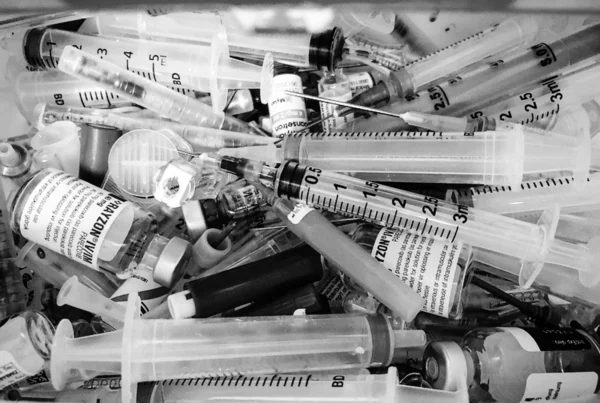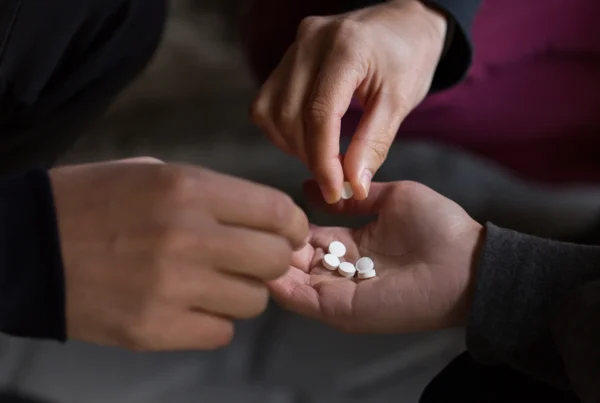
Table of Contents
An Ounce of Prevention
A couple of months back, I shared a blog called Dealing With Relapse, in which I attempted to offer some hope to those coming off of a slip. It’s important to right the ship quickly after a setback to keep things moving forward and prevent a slip from turning into a disaster. They say, though, that an ounce of prevention is worth a pound of cure. With that in mind, this week, I would like to share some strategies to keep relapse from happening in the first place. Much of the information in this blog is a condensation of “Relapse Prevention and the Five Rules of Recovery” by Steven M. Melemis, published in the Yale Journal of Biology and Medicine. It’s an excellent article, and I recommend looking it over when you get the chance.
Emotional Relapse
Before we get into prevention, it would be helpful first to break down the components of relapse. In their book Counseling for Relapse Prevention, Terence T. Gorski and Merlene Miller outline 11 stages of relapse. Melemis distills these into three parts: emotional relapse, mental relapse, and physical relapse. In my previous relapse blog, I mentioned isolation, changes in hygiene or personal care, blowing off responsibilities such as meetings, work, or school, and changes in sleeping habits as warning signs of relapse. Melemis lists these as signs of emotional relapse, the first stage. In this stage, the person in recovery still remembers the debacle of the last using episode and doesn’t want to return to that. However, they aren’t taking the proper steps to stay on the path of recovery and are setting themselves up for a fall.
Mental Relapse
Melemis describes mental relapse, stage two, as “a war going on inside people’s minds.” This is the step at which folks in recovery start ruminating about their using lives. Glamorizing past use, cravings, and bargaining are all part of it. I think it’s important to make a couple of distinctions here. Melemis does so when talking about cravings, which are normal in early recovery. They come and go. The problem occurs when we try to hang on to those feelings by feeding them. I’d also like to highlight the distinction between romanticizing old war stories and sharing them as part of finding common ground with other folks in recovery. It’s a fine line, and it’s one that’s drawn by intent. Err on the side of caution if you’re not sure of the difference.
Physical Relapse
The final stage, physical relapse, is when a person starts using again. Melemis describes this as the “most difficult stage to stop.” The addicted brain has already done all the legwork leading up to this moment, taking us through the emotional and mental stages. It’s just been waiting for the opportunity to present itself. And this is how the rollercoaster begins to perpetuate itself. For example, an alcoholic decides he can handle just one drink, and perhaps he does for one night. Unfortunately, that night will send him back to the mental stage, where he formulates the plan, “If I did it once, I can do it again.” It probably won’t be long until he drinks as much as or more than he used to, and the cycle will continue until he’s ready to start attacking things at the source.
Build Your Foundation for Hope
In part two of this series, we discuss Melemis’s broad strategy for relapse prevention and recovery, so be sure to check it out. These blogs are meant to keep families informed of what their loved ones in recovery are going through, to keep previous clients connected with reminders of some of the things they’ve learned, and to show people who may be struggling with addiction a window into a new way of life. If you or someone you love just can’t seem to break the cycle, please consider seeking professional treatment. Ocean Recovery has taught clients how to live a drug and alcohol-free life since 2002. Reach out to us for help today.
Sources
Ocean Recovery has strict sourcing guidelines and relies on peer-reviewed studies, academic research institutions, and medical associations for our references. We avoid using tertiary references as our sources. You can learn more about how we source our references by reading our editorial policy.
1. Melemis SM. Relapse Prevention and the Five Rules of Recovery. Yale J Biol Med. 2015;88(3):325-332.




